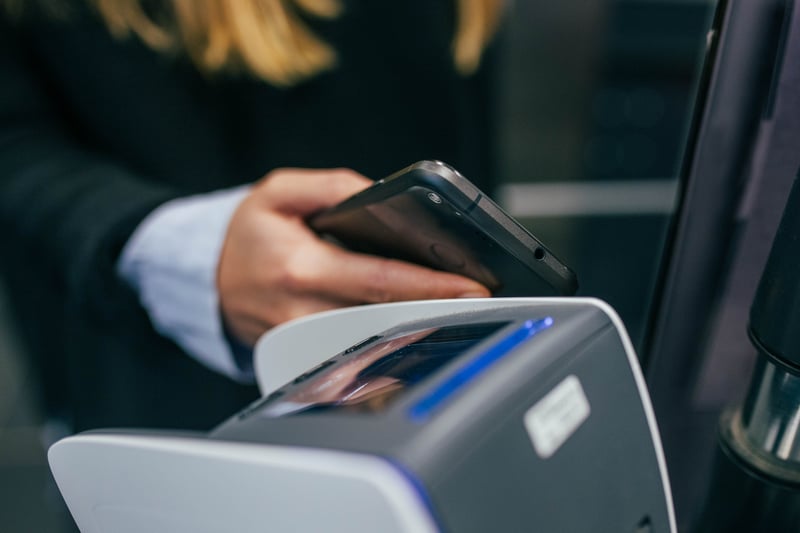
Security in the office and in businesses has traditionally centred around securing the physical building and internet connections, but phones too are an important consideration.
While a burglar can’t break in through your phone, or hackers download a virus that will paralyse your business, anyone breaking into your systems could also find personal or confidential information that could be used against you. They can also hijack your system to make a huge number of international or long distance calls, the cost of which you will have to bear.
Telephone fraud remains a significant crime that can harm your business’s finances and operations as well as damage your reputation. Don’t make the mistake of thinking it is a thing of the past overtaken by cyber crime - the National Fraud Authority had almost 500 reports in the year to July 2014, which had cost businesses more than £6m.
With this is mind, we have compiled a list of the best ways to make sure your telephone system is as secure as possible, to give you the best chance of avoiding being a victim of telephone fraud.
Securing your system is key, as this will be your strongest defence, as well as giving you confidence that calls are not being rerouted over a weekend, for example, when the office is not in use. So what practical measures can you take…?
- Change default passwords or codes for system logins. Make them personal and not obvious (e.g. not 12345), and include letters and capitals if the system allows.
- Change all passwords, on hardware and remote systems, several times a year.
- Change the passwords of any staff who leave, so only current personnel and managers can access the system.
- Talk to other businesses in your networks. If they’ve been a victim of fraud – and the National Fraud Authority estimates that one in four businesses were (of one type or another) in 2013 – what have they done to stop further occurrences and can you learn anything from them?
- Consider using call blocking settings that limit long distance and international calling.
- If you use internet-based calls such as Skype for video conferencing, for example, ensure your firewall and anti-virus software is up to date.
As with any type of fraud, being alert to the dangers and taking preventative measures is one of the best ways of minimising the chances of fraud happening to you or your company.
